Filter by
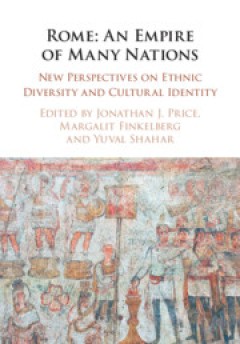
Rome: An Empire of Many Nations New Perspectives on Ethnic Diversity and Cul…
The center of gravity in Roman studies has shifted far from the upper echelons of government and administration in Rome or the Emperor's court to the provinces and the individual. The multi-disciplinary studies presented in this volume reflect the turn in Roman history to the identities of ethnic groups and even single individuals who lived in Rome's vast multinational empire. The purpose is le…
- Edition
- -
- ISBN/ISSN
- 9781009256193
- Collation
- xii, 428 p ; ill
- Series Title
- -
- Call Number
- 937.06 ROM J
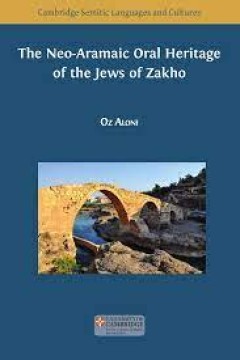
The Neo-Aramaic Oral Heritage of the Jews of Zakho
In 1951, the secluded Neo-Aramaic-speaking Jewish community of Zakho migrated collectively to Israel. It carried with it its unique language, culture and customs, many of which bore resemblance to those found in classical rabbinic literature. Like others in Kurdistan, for example, the Jews of Zakho retained a vibrant tradition of creating and performing songs based on embellishing biblical stor…
- Edition
- -
- ISBN/ISSN
- 9781800643048
- Collation
- xiii, 349 p. ; 15.6 cm.
- Series Title
- -
- Call Number
- 290 ALO t
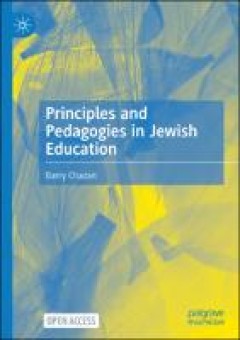
Principles and pedagogies in Jewish education
This book is aimed at improving contemporary educational practice by rooting it in clear analytical thinking. The book utilizes the analytic approach to philosophy of education to elucidate the meaning of the terms “education,” “moral education,” “indoctrination,” “contemporary American Jewish education,’’“informal Jewish education,” “the Israel experience,” and “Isr…
- Edition
- -
- ISBN/ISSN
- 9783030839246
- Collation
- xiii, 97p.
- Series Title
- -
- Call Number
- 296.68 PRI c
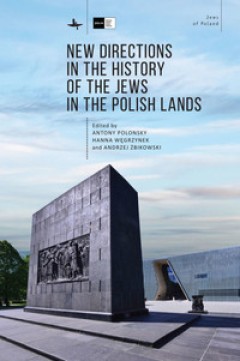
New directions in the history of the Jews in the Polish lands
This volume is made up of essays first presented as papers at the conference held in May 2015 at POLIN Museum of the History of Polish Jews in Warsaw. It is divided into two sections. The first deals with museological questions—the voices of the curators, comments on the POLIN museum exhibitions and projects, and discussions on Jewish museums and education. The second examines the current sta…
- Edition
- -
- ISBN/ISSN
- 9788394914912
- Collation
- LXXX, 502 p.
- Series Title
- -
- Call Number
- 943.8004924 NEW n
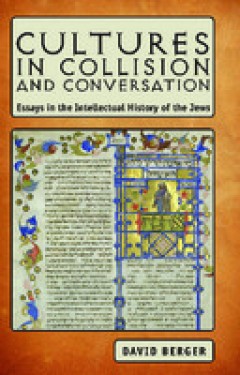
Cultures in Collision and Conversation : Essays in the Intellectual History o…
In Cultures in Collision and Conversation, David Berger addresses three broad themes in Jewish intellectual history: Jewish approaches to cultures external to Judaism and the controversies triggered by this issue in medieval and modern times; the impact of Christian challenges and differing philosophical orientations on Jewish interpretation of the Bible; and Messianic visions, movements, and d…
- Edition
- -
- ISBN/ISSN
- 9781618117915
- Collation
- XIII, 367 p.
- Series Title
- Judaism and Jewish Life
- Call Number
- 296.39 BER c
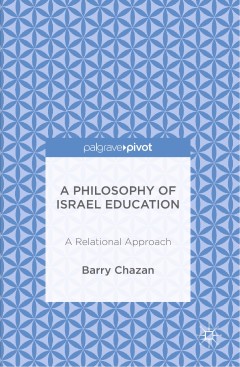
A philosophy of Israel education : a relational approach
Philosophy of Education; Religion and Society; Philosophy of Religion; Judaism
- Edition
- -
- ISBN/ISSN
- 9783319307794
- Collation
- vii, 64p. : ill.
- Series Title
- -
- Call Number
- 370.1 CHA p
 Computer Science, Information & General Works
Computer Science, Information & General Works  Philosophy & Psychology
Philosophy & Psychology  Religion
Religion  Social Sciences
Social Sciences  Language
Language  Pure Science
Pure Science  Applied Sciences
Applied Sciences  Art & Recreation
Art & Recreation  Literature
Literature  History & Geography
History & Geography